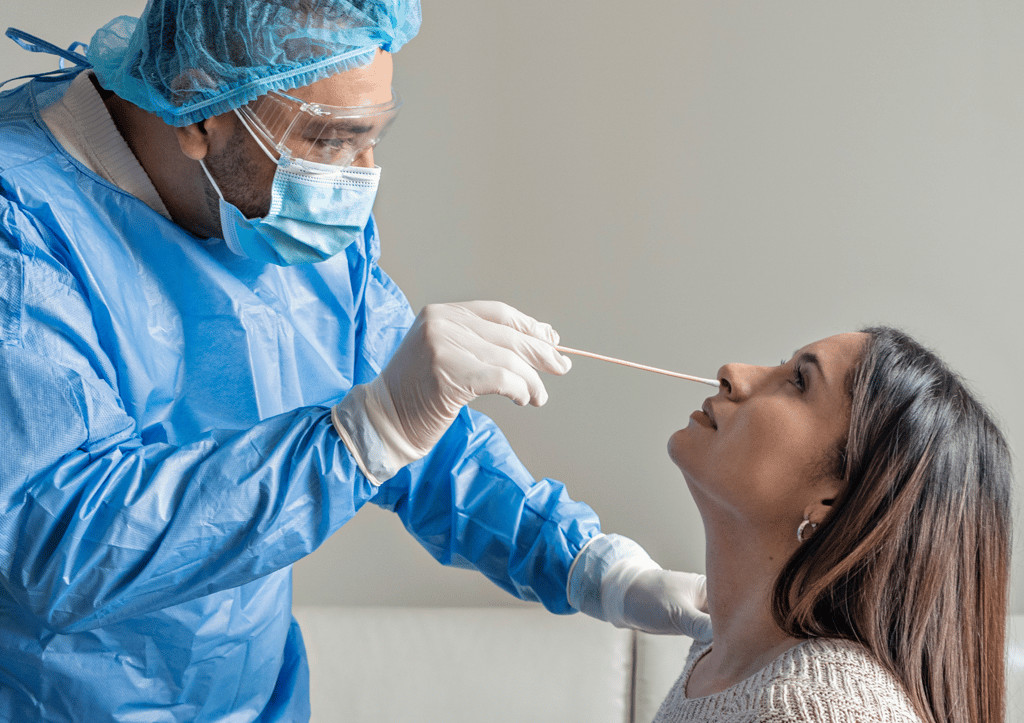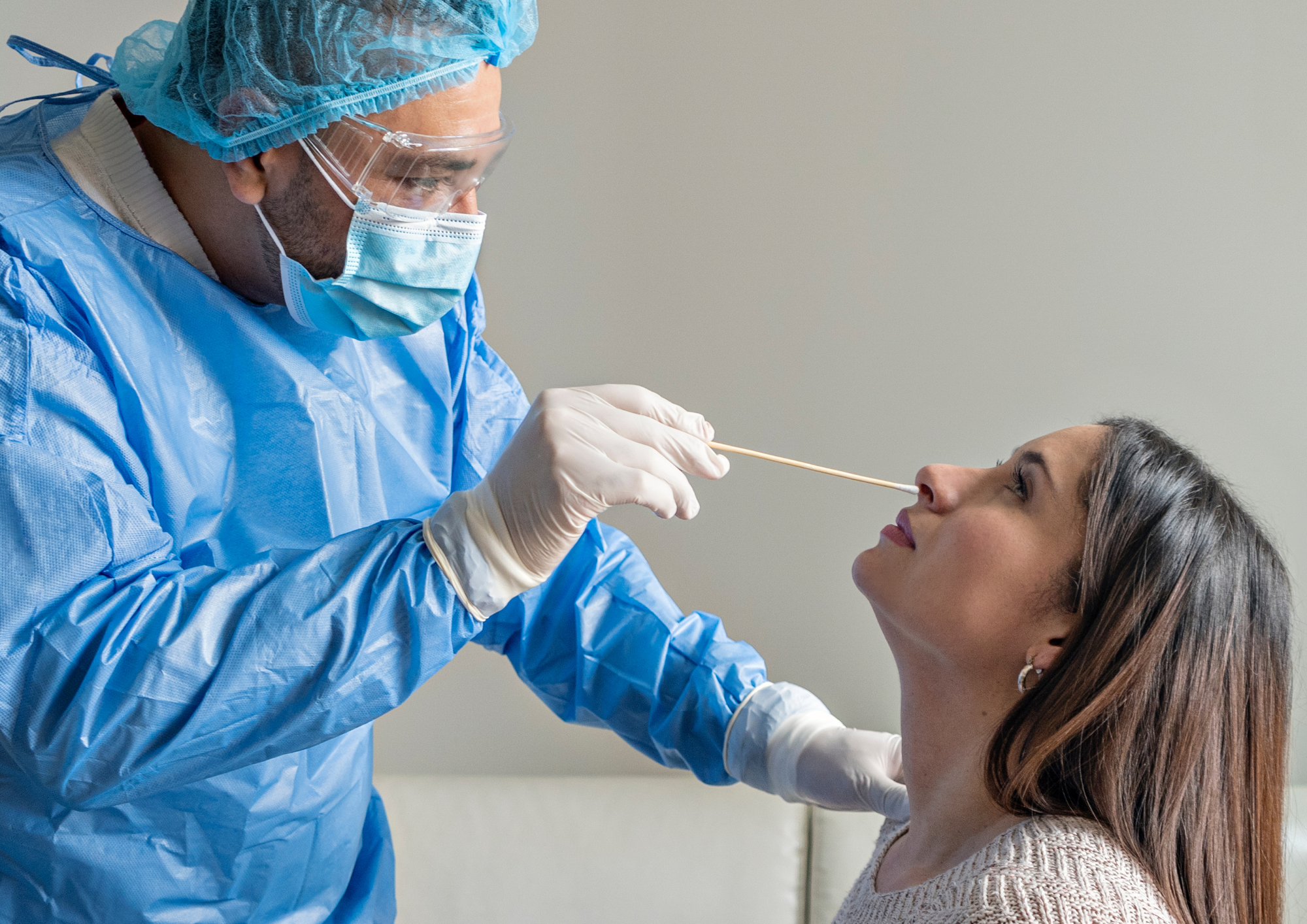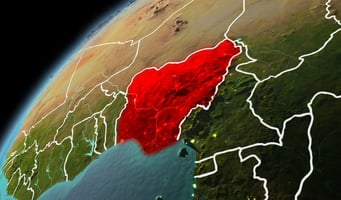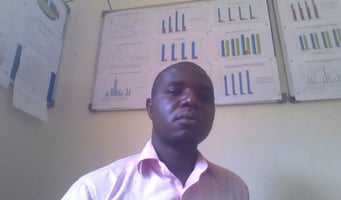In this series of expert interviews, Techspert speaks with frontline healthcare specialists to get...
In this series of expert interviews, Techspert speaks with frontline healthcare specialists to get unique, on-the-ground insights into how healthcare and health systems in emerging markets are affected and adapting during COVID-19.
Below is an interview with Dr Bismono from Indonesia.
Please tell us a bit about yourself and your current role?
My name is Muhammad Iqbal Gentur Bismono and I am Hospital Director of a unit in Magelang, Central Java, Indonesia. The hospital unit is a pilot project of a collaboration between Indonesia’s largest private hospital group (Siloam Hospitals Group) and the most prominent Indonesian Islamic organization (Nahdlatul Ulama). I have managed the pre-operational hospital development and the operational phase of the current hospital project. I also manage the hospital’s business collaboration with major government institutions and private companies.
I graduated as a Medical Doctor (MD) at Universitas Airlangga, completed a graduate degree in Master of Science (MSc) in Infection and Immunity at Erasmus Universiteit Rotterdam with a merit-based scholarship, and I’m currently finishing a Master of Business Administration (MBA) at Universitas Gadjah Mada.
What are your responsibilities in Indonesian healthcare?
As a Hospital Director, I am responsible for creating, developing, and implementing a productive and efficient unit while maintaining satisfactory medical assistance in accordance to national and local regulations.
I also need to ensure that our hospital unit submits a set of routine patient reports to the Regional Health District Office (Dinas Kesehatan Kabupaten) and maintains coordination with this department and Indonesia’s universal health coverage office (BPJS Kesehatan) in providing clinical care for patients.
How have your role and responsibilities changed since the COVID-19 pandemic began?
My role and responsibilities have escalated significantly since the outbreak. Now, my primary responsibilities center around coordinating with regional stakeholders (Regional Health District Office, Provincial Health District Office, BPJS Kesehatan, Regional Military Office, and the owners/managers of private companies) to manage COVID-19 infections and preventions.
Internally, we developed numerous updates on our standard operational procedure to ensure that our hospital remains infection-free. Such as, screening every patient and visitor for airway infection signs and symptoms, and using thermometers to check body temperatures. Although, in some cases we use blood examination, thorax radiology examination, and COVID-19 rapid tests.

How is COVID-19 currently tested for and treated in Indonesia?
COVID-19 diagnostic tests in Indonesia are not that different to other countries. The tests are generally categorized into a screening and definitive test. The screening test is conducted using rapid test kits which measure the presence of the IgM and IgG COVID-19 antibodies. The most popular test we do is a PCR-based method from a nasopharyngeal swab.
The treatment of COVID-19 varies between regions and hospitals. There is not a golden standard in treating the viral infection. Thus, we follow the “governmental” treatment plan which consists of azithromycin (an antibiotic) and hydroxychloroquine (a medicine used to prevent and treat malaria), with the addition of symptomatic drugs and experimental combinations that are specific to each healthcare institution.
How has the national healthcare system evolved during the pandemic?
With Indonesia being the world's largest archipelagic state (consisting of 17,508 islands of which roughly 6,000 are inhabited) our national healthcare response to COVID-19 evolves at a different pace throughout islands and regions.
The capital cities on big islands (Java, Sumatera, Kalimantan, and Sulawesi) can keep up with government policies on disease diagnostics and countermeasures. However, the circumstances are quite different for the small islands and cities where logistics and transportation are scarce.
How has quarantine been implemented in your region? How does outbreak investigation and surveillance work?
Central Java is the third most populated province but one of the most “relaxed” regarding its seriousness in implementing quarantine. Large-scale social restrictions have not been implemented and it is currently ranked as the fifth highest province with confirmed cases and COVID-19-related mortality rates. Considering its distance to Indonesia’s capital, Jakarta, and the number of Jakarta migrant workers that originated from this province, Central Java holds a significant position in controlling the spread of COVID-19 in Indonesia.
The outbreak investigation and surveillance are handled by workers from Puskesmas (government-mandated community health clinics located across Indonesia). Once an initial report of suspected cases is submitted to the Health District Office, it is relayed to the Puskesmas who deal with it.
What challenges have been faced in implementing different adaptation strategies so far?
The two main challenges I believe most hospitals are facing are, first, the inconsistency of government policy, and second, the disobedience of the general population not adhering to healthcare policy or measures that were put in place.
How has COVID-19 impacted treatment of patients with other infectious diseases? Are resources still able to be mobilized effectively?
In appointed COVID-19 referral hospitals, regular diagnostics and therapeutics activity for other infectious disease are generally suspended, preventing regular patients from accessing their therapies. Resources are difficult to access because pharmaceutical companies are shifting their production capacity to catch up with the main COVID-19 formularies, such as hydroxychloroquine or azithromycin. Distributors also tend to choose to deliver personal protective equipment (PPE) and COVID-19 related formularies instead of the regular medical goods.
Additionally, PPE and COVID-19 medications have become difficult to get due to unreasonable, skyrocketing prices and fierce competition between hospitals, governmental bodies, and private health providers.
How have community perspectives evolved with respect to healthcare?
The way the general population behaves towards the threat of COVID-19 infection has been quite irrational, but for understandable reasons.
On one end, the declining economic condition pushes people to continue actively working outside, while on the other end, the fear of contracting the disease makes them reluctant to check their condition at any medical institution. This is out of fear that if they are suspected of being infected or worse, diagnosed with COVID-19, they will not be able to continue working for at least 14 days which will have a massive economic impact on them and their dependents.
What do you see as the most important project or initiative for responding to the pandemic?
Due to the nature of the COVID-19 viral RNA, the most important project would be the research and development of an effective and accessible vaccine. Then, the development of specific anti-COVID-19 antivirals and symptomatic medicines, and specialized life-saving medical devices for the patients. It would also be beneficial to develop a reliable telemedicine method that covers both the needs of clinicians and patients.





